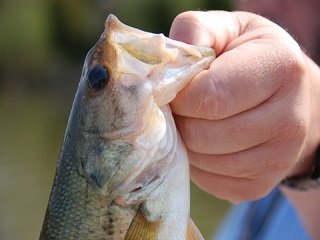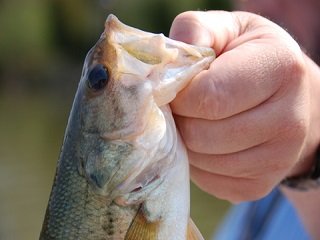 Among the fishing community, there are varying degrees of angler. Some fishermen fish for fun on the weekends and more frequently throughout the summer, while others fish several times a week and may even compete in several tournaments or go professional. Either way, the goal of either set is to catch fish, and keeping a fishing log is a surefire way to see your catch rate increase over time. Keep reading to learn how you can keep track of your fishing experiences with a fishing log.
Among the fishing community, there are varying degrees of angler. Some fishermen fish for fun on the weekends and more frequently throughout the summer, while others fish several times a week and may even compete in several tournaments or go professional. Either way, the goal of either set is to catch fish, and keeping a fishing log is a surefire way to see your catch rate increase over time. Keep reading to learn how you can keep track of your fishing experiences with a fishing log.
The data you record in your log will most likely vary from one angler to the next, but there are still items that every angler will want to jot down. For instance, the date, fish species, the weight of your fish, where you caught it, the time of day, the lure used, the conditions of the water (clarity and temperature), air temperature, and even barometric pressure are all key pieces of data you’ll want to record. It’s also smart to add a few comments for each entry, as well, like whether you fished during the spawn, if you were with a friend, or if it was a tournament or not.
Some anglers also like to keep track of a few other environmental factors, including wind conditions, weather, and the moon phase. Furthermore, keeping track of the fish you didn’t catch, such as a day where you don’t catch any, will help you see what didn’t work and avoid making the same mistake in the future. Also, discovering potential weather patterns that have an adverse effect on your fishing will allow you to stay off the water when similar conditions occur in the future.
Keeping a fishing log is a great way to discover patterns during certain times of the year on a given lake, which will be a huge help in catching more fish. By reviewing what works in a specific location, or a certain time of day, or when the water is a certain temperature, you can eliminate the guess work and get a head start on catching fish. Any angler who is serious about catching more fish would do well to start keeping a log of their fishing experiences. You’d be surprised at just how much your catch rate can improve over time!








